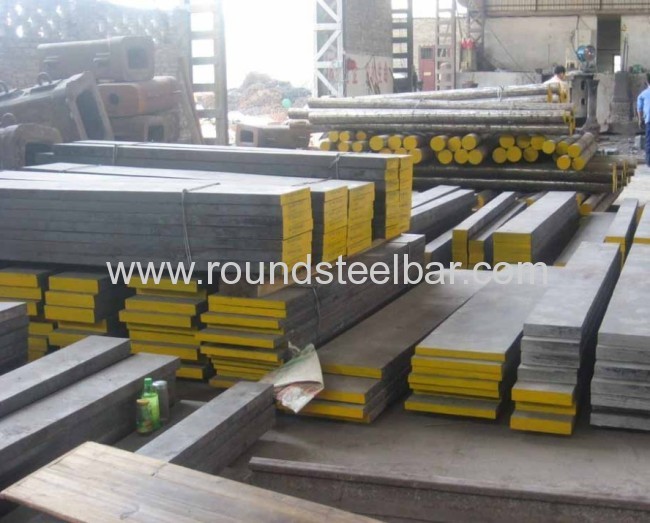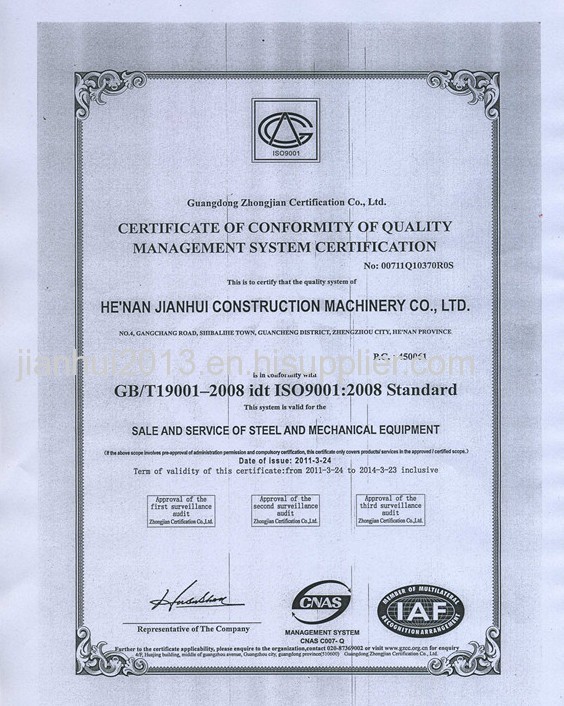1.2379 / D2 / Cr12Mo1V1 cold work tool steel description
Chemical Composition(%):
Grade | C | Si | Mn | P | S | Cr | Mo | V |
1.2379 | 1.45-1.60 | 0.10-0.60 | 0.20-0.60 | ≤0.030 | ≤0.030 | 11.00-13.00 | 0.70-1.00 | 0.70-1.00 |
D2 | 1.40-1.60 | 0.10-0.60 | 0.20-0.60 | ≤0.030 | ≤0.030 | 11.00-13.00 | 0.70-1.20 | 0.50-1.10 |
Cr12Mo1V1 | 1.40-1.60 | ≤0.60 | ≤0.60 | ≤0.030 | ≤0.030 | 11.00-13.00 | 0.70-1.20 | 0.50-1.10 |
Available sizes:
Round: Dia. 20 – 250mm, forged: 60-650mm
Flat: Thickness 25 – 250mm, width 40 – 600mm
Delivery condition: EAF or ESR, Hot rolled or forged, Peeled or black surface, normally annealed.
Properties :
High carbon and high chromium, ledeburitic 12% Cr alloyed cold work tool steel, excellent abrasion resistance due to a large volume of carbides in the microstructure, high cutting ability with edge holding properties, high compression strength, excellent deep hardenability and toughness properties, dimensional stability during heat treatment, high resistance to softening at elevated temperatures. Suitable for nitriding and electrical discharge machining.
Applications :
High performance blanking, punching, stamping and cutting tools and dies up to 6 mm sheet thickness, thread rollings, chasers and dies, precision blanking dies, longitudinal and circular shear blades for plastic, paper and metal, cold forming and bending tools, tools for drawing, deep drawing and cold extrusion, hobbing tools, woodworking tools, milling cutters, reamers, broaches, pressing tools for the ceramics and pharmaceutical industries, cold piercers, measuring instruments and gauges, rolling cutters and shaping wheels, cold pilger mandrels, beading, flanging and straightening rolls, plastic injection moulds, especially cutting tools of austenitic material when nitrided.
Heat Treatment :
Annealing : 800 - 850 °C
Hardness after annealing : Max. 250 HB
Stress relieving : 650 - 700 °C
Hot forming : 1050 - 850 °C
Hardening : 1020 - 1080 °C
Quenching media : Oil, Salt bath ( 220 - 250 °C or 500 - 550 °C ), Air or compressed air
Hardness after quenching : 63 - 65 HRC
Hardness after tempering :
Tempering °C | 100 | 200 | 300 | 400 |
HRC | 64 | 61 | 59 | 58 |




